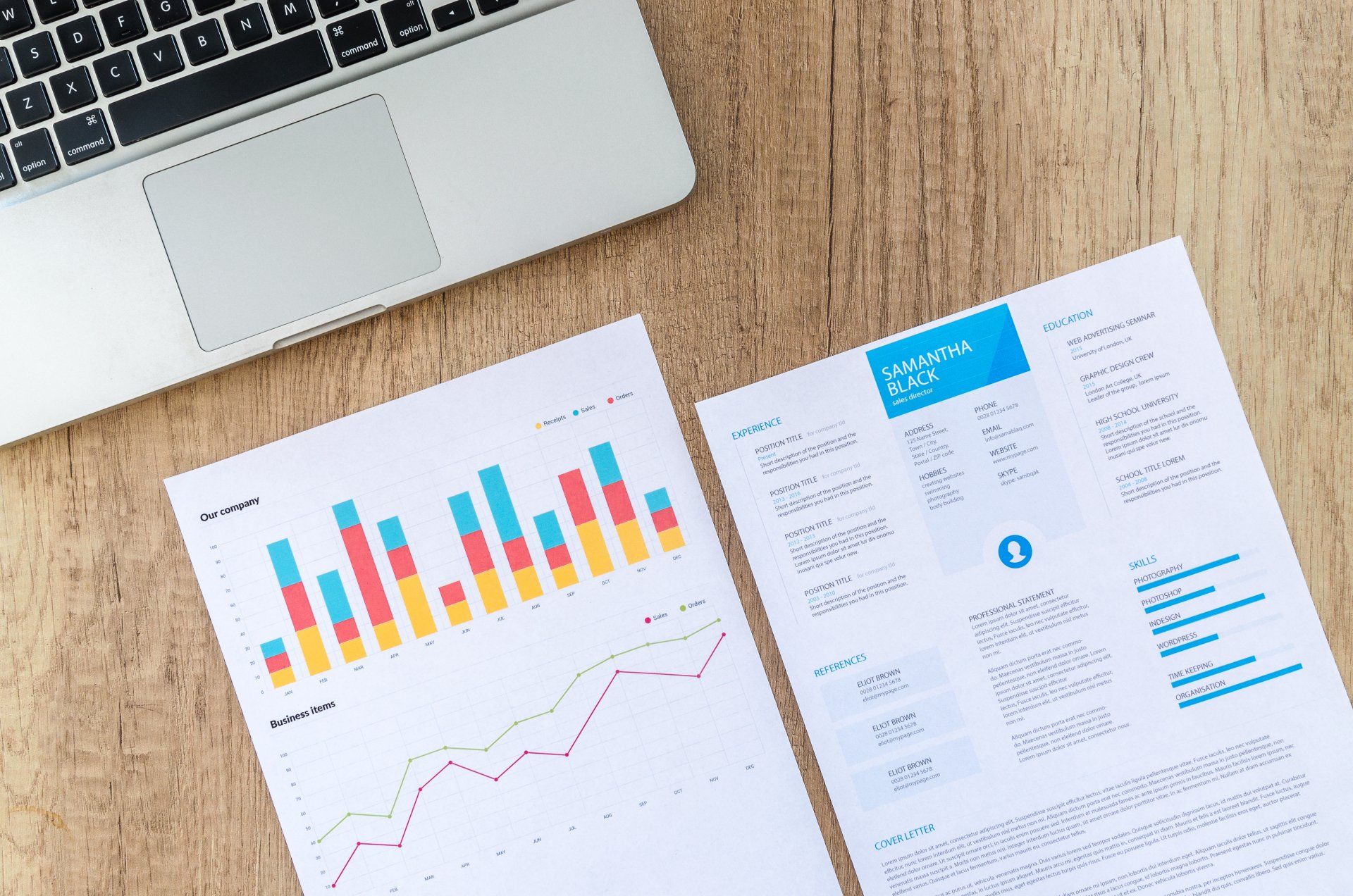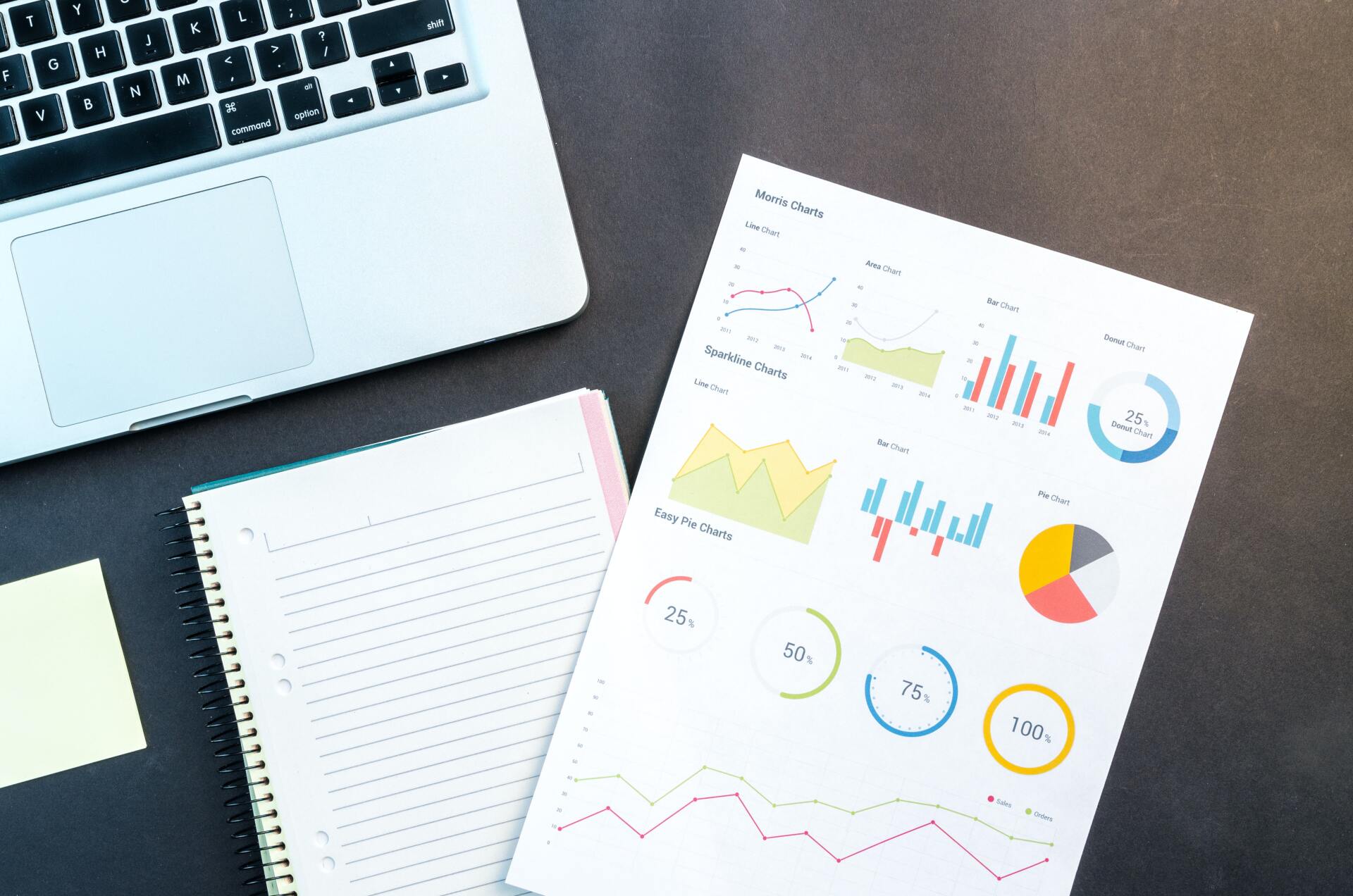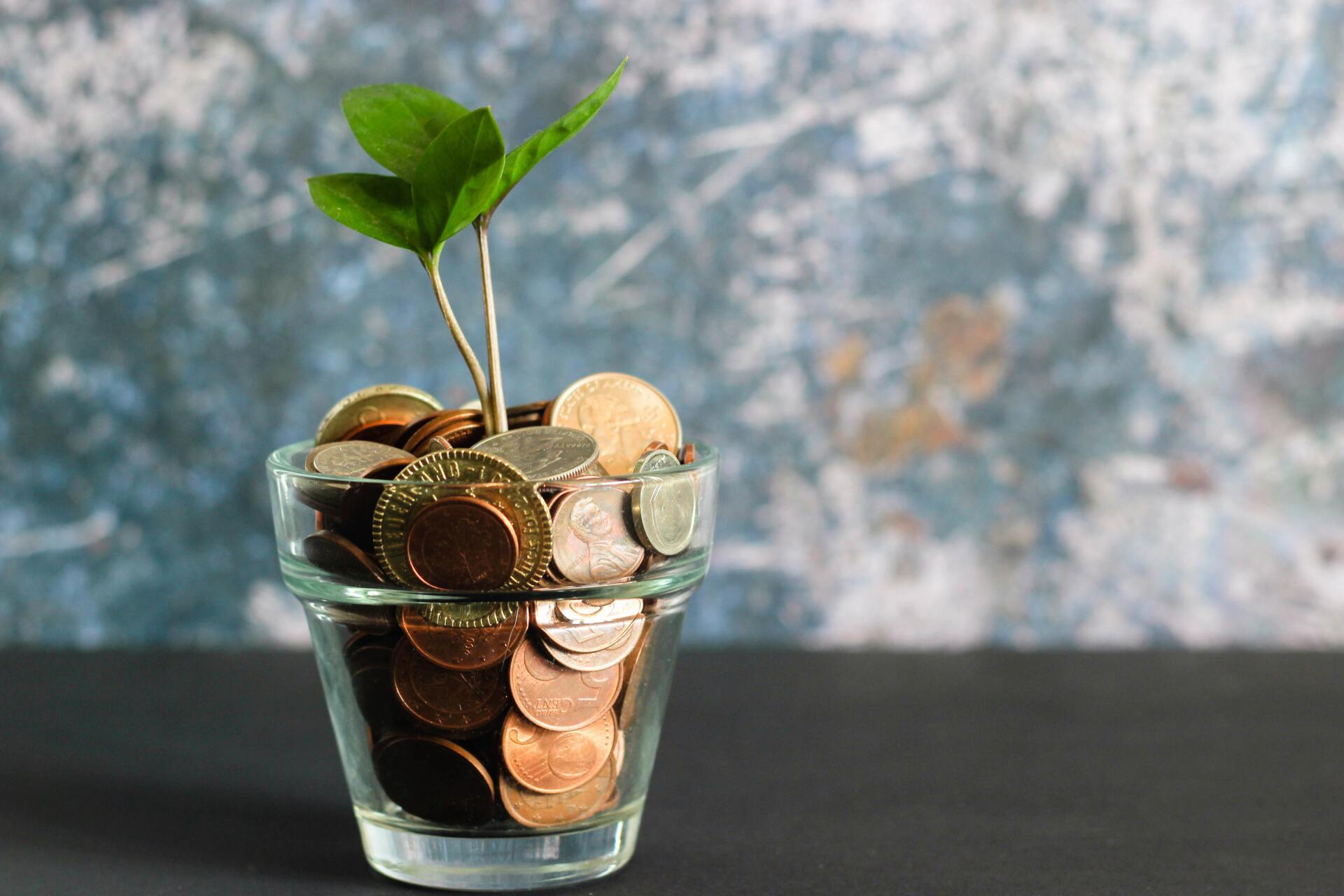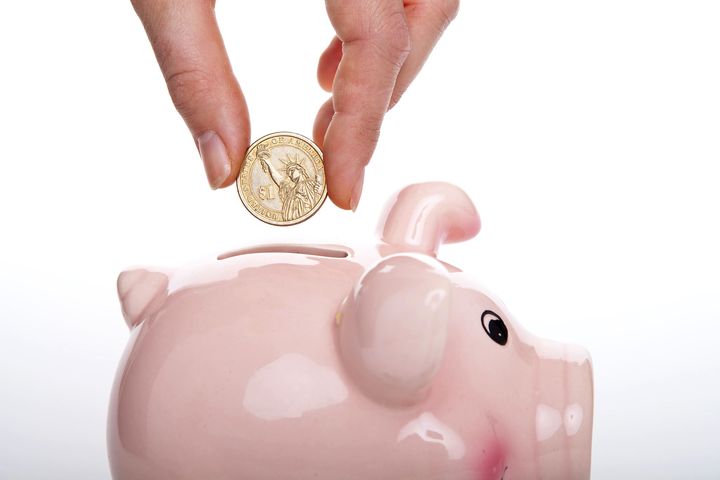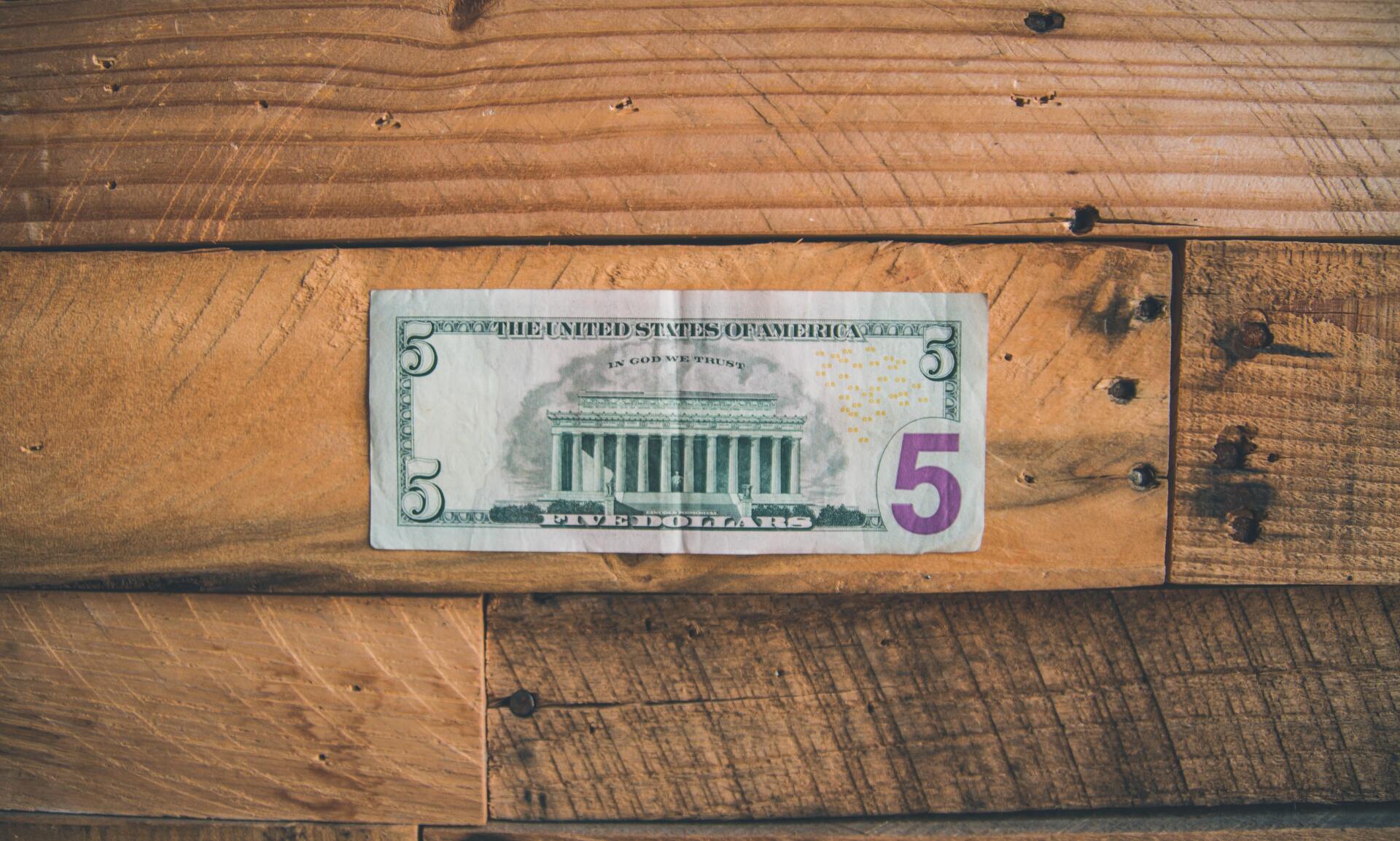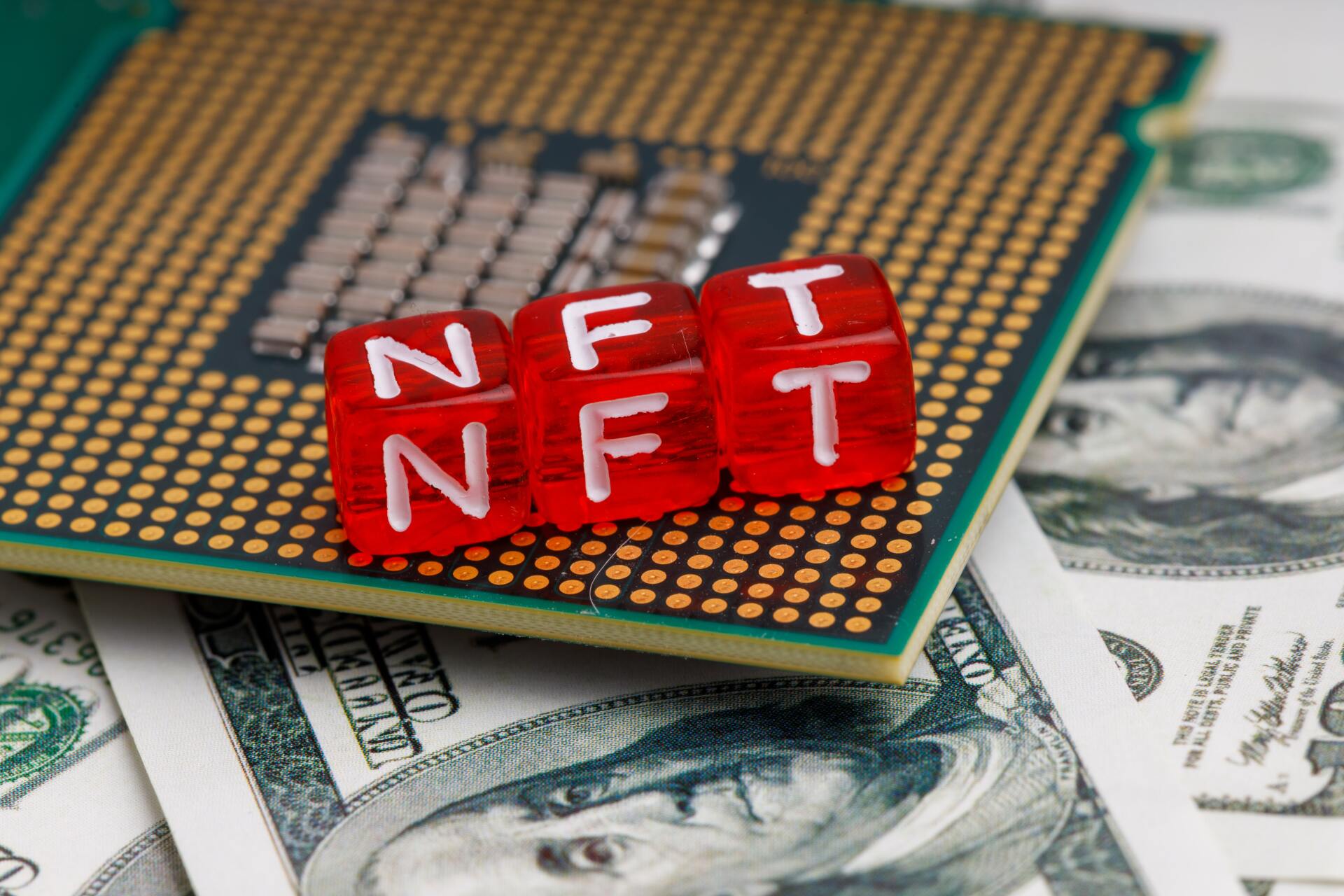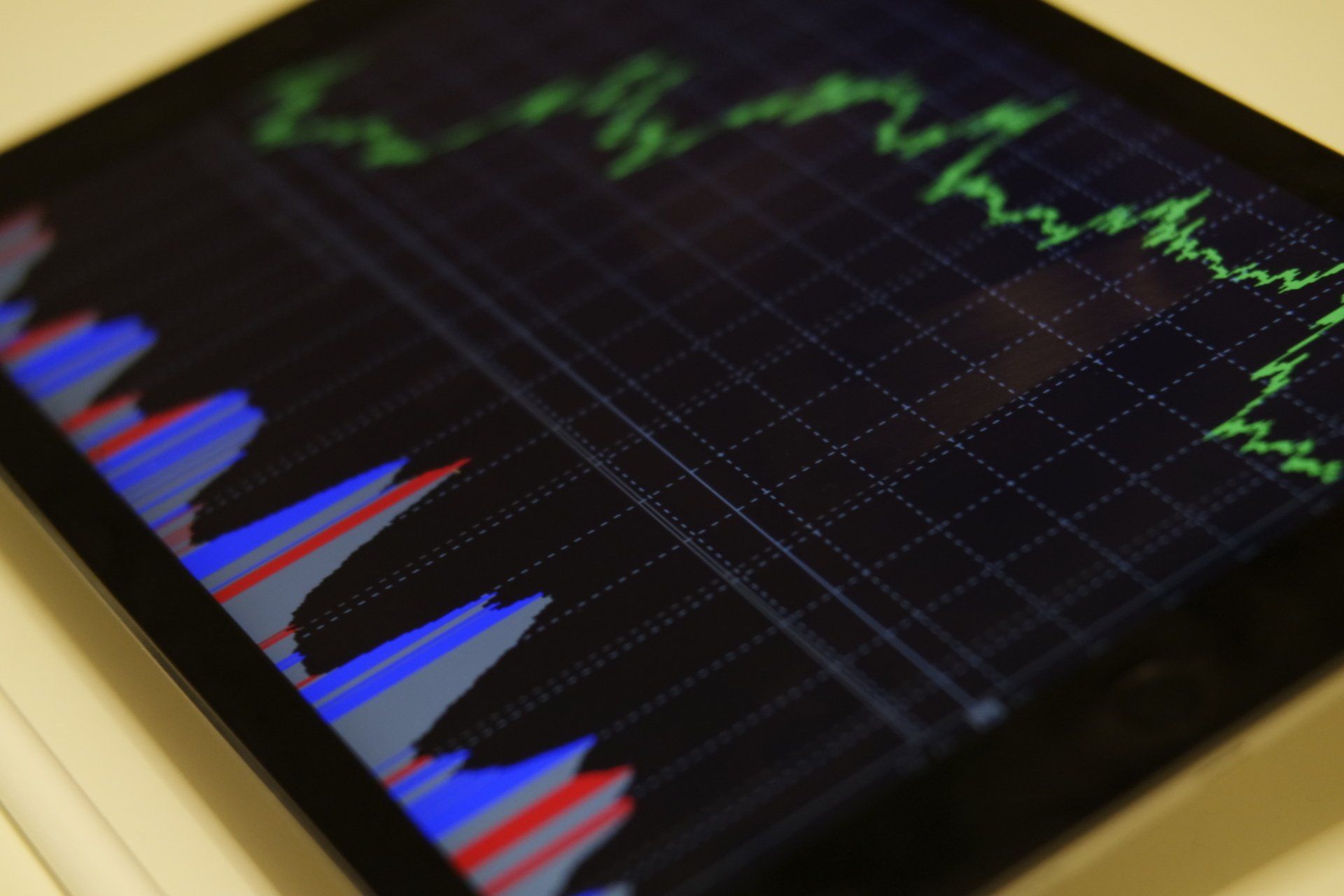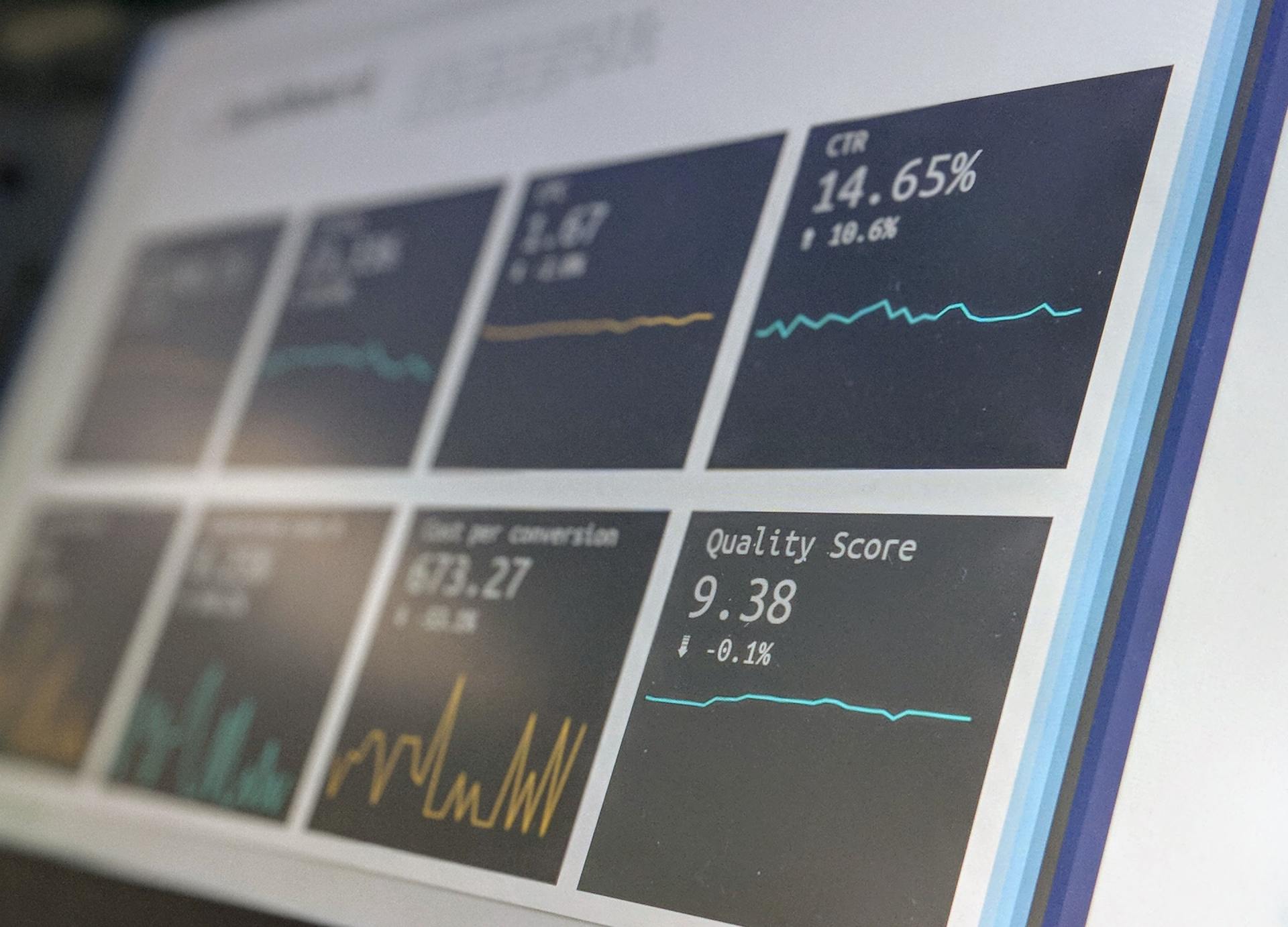What is Inflation?
When I was your age, I bought a house for...
"When I was your age, I could buy a house for a nickel and three heads of cabbage."
Okay, maybe that's a little bit exaggerated. But have you ever longed for a time when you could buy a house for the same price as your grandparents?
Nowadays, even the smallest houses cost AT LEAST a dime and four heads of cabbage.
There is a financial term for a rise in price over time: inflation.
That's great, but where does inflation come from? How is it measured? Is it always a bad thing?
Causes of Inflation
There is no singular answer to where inflation comes from. It can be caused by any number of circumstances. Just to name a few, some possible causes include:
- Growing economy
- Government regulations
- Exchange rate changes
- Hoarding of goods
- Managing the national debt
- Expansion of the money supply
- Shortages of goods
- Increase in public spending
*List items taken from smartasset.com and toppr.com
How Inflation is Measured
Inflation is measured through comparing the aggregate price of goods from one year to another.
So, if the price of goods is 7% higher than it was last year, we are experiencing a 7% inflation rate.
We know that prices are rising over time, and by how much, by following the CPI, or Consumer Price Index. The Consumer Price Index measures price changes in specific market baskets.
Those baskets of goods include everyday items like food and furniture. The baskets are measured regularly, oftentimes monthly or yearly.
If you really want to get into the thick of measuring inflation, here is the formula:
Inflation Rate = ((CPI2 - CPI1) / CPI1) x 100
CPI2 = CPI in the second period
CPI1 = CPI in the first period
Is Inflation a Bad Thing?
This is a great question!
Inflation tends to get a bad rap because it pretty much only makes it into the news when it's too high.
However, inflation is normal and can actually be good for an economy!
For example, you may have noticed in the list above that a possible reason for inflation is a growing economy.
Inflation becomes a bad thing when the increase in price of goods outpaces the salary of the population. If buying common goods starts to feel like a burden to the people within the economy, inflation is too high.
Inflation is also bad when it outpaces the Federal Reserve's expectations. When that happens, the faster prices climb, the harder it is for the government to address the change and the more aggressive they have to be in raising interest rates. That makes money more expensive for banks to acquire, which in turn makes it harder for the average citizen to gain access to money through things like loans, mortgages, etc.
As an example of the above scenario, suppose that the Federal Reserve expected interest of 4% but prices actually rose by 8%. Even if salary had magically risen by 9% (outpacing the current inflation rate), that unexpectedly high rise in prices would cause harmful inflation.
But how could that be?! Salary did rise faster than prices, after all. Even though that is the case in the above example, the FED likely wouldn't have been aggressive enough with interest rates, which could mean that that 8% inflation rate would quickly turn into 15%.
On the flip side, an overly aggressive stance by the FED would mean that no one would be able to afford interest rates on mortgage loans and the real estate market would plummet.
Basically, it's a delicate balance.
Inflation
So, next time you hear how much less expensive everything was back in the day, a deeper understanding of inflation's nuances may keep the envy at bay.

